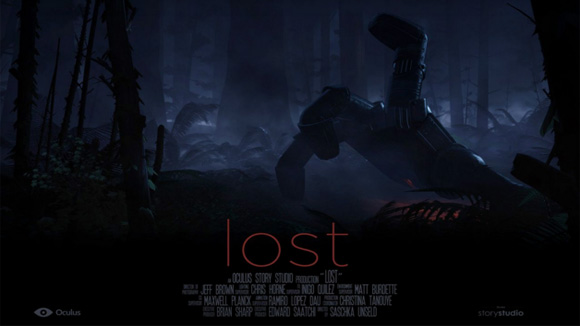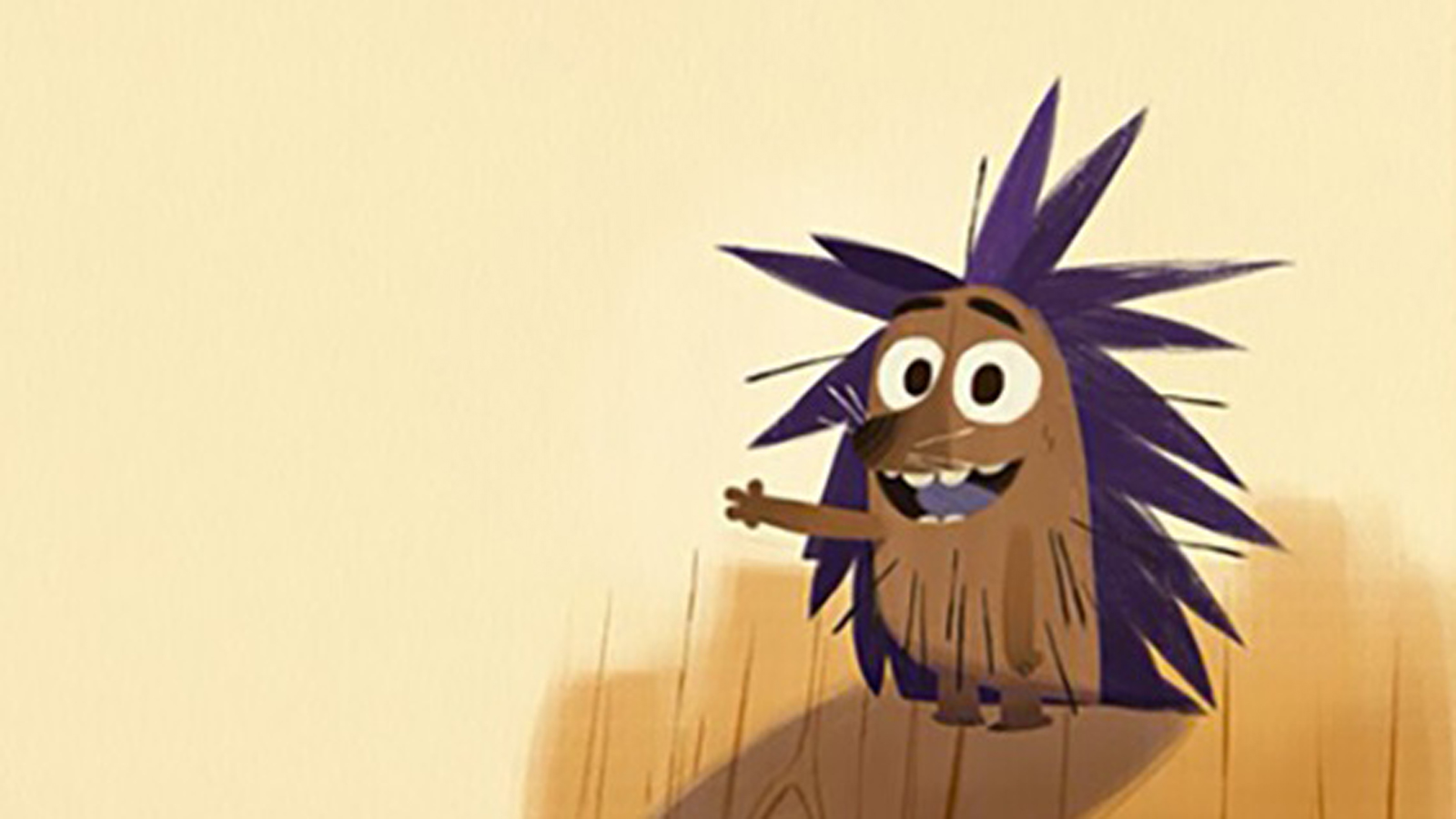Oculus and film: why virtual reality is the new silver screen
The final film frontier
Upon Story Studio's announcement, Oculus came out swinging, revealing it had completed its debut short, Lost, and would showcase it at the Sundance Film Festival in Utah in January 2015.
Not to be confused with the ABC show, Lost, the interactive short, directed by Pixar veteran Saschka Unseld is based around the simple premise of a missing hand desperately trying to find its owner.

The film, which lets viewers explore its wooded setting and react to environmental changes like a character in the narrative, charmed critics, fans and VR skeptics alike.
The inherently playful nature of Pixar-esque storytelling is an obvious fit for Oculus at this stage. Its friendly and inviting nature forces your brain to forget that the resolution may not be perfect and instead welcomes you with open arms into an immersive yet pleasantly simplistic cinematic experience. The length of the short film varies from three-and-a-half to ten minutes depending on who dons the VR headset.
"Our first short film Lost was a chance for us to dive in and work out the challenges of telling a story in VR, everything from using traditional film techniques to scene staging and the many ways to grab the viewer's attention," Director of Photography Jeff Brown said.
Lost stands as a beautiful first step into a thrilling new world, and one that taught the developers lasting lessons to apply to future VR films.

In June, Oculus broke the cute quotient by revealing a trailer for a feel-good animated short about an adorable hedgehog named Henry, narrated by none other than Elijah Wood.
Get daily insight, inspiration and deals in your inbox
Sign up for breaking news, reviews, opinion, top tech deals, and more.
The premise of this short is very simple: Henry is a friendly hedgehog who wants nothing more than to dish out loving hugs, but his spikes scare the other critters away. We find him on his birthday all alone, but he makes a wish that "changes everything." If that doesn't tug at your heart strings even a little bit, there's a good chance you aren't human. (Don't worry, we don't discriminate.)
The goal of Henry is to make a character that viewers can identify and empathize with.
"Empathy for a character is one of the most important fields for us to explore in virtual reality," said Director Ramiro Lopez Dau. "And with Henry, we wanted to create a character that had special bond with the audience."
Another component of Henry is that the title character will occasionally break the fourth wall smiling at the viewer with big, friendly eyes, showing he's aware and happy you're are on this adventure with him. Overall, the innovation of Henry isn't in the visuals or editing, but rather in that it forces the viewer to form a bond with the title character and feel what he feels, so to speak.
If you're anything like me, I want to throw on the VR viewer and meet Henry at his birthday party ASAP. Unfortunately, the public won't get a chance to experience the 12-minute interactive film until the release of the consumer line of Oculus Rift ships in Q1 2016. Fortunately, it will come free with the new VR viewer, so we'll all be at Henry's party soon enough.
Current page: Oculus' first films: Lost and Henry
Prev Page The new reality of movies Next Page What the future brings